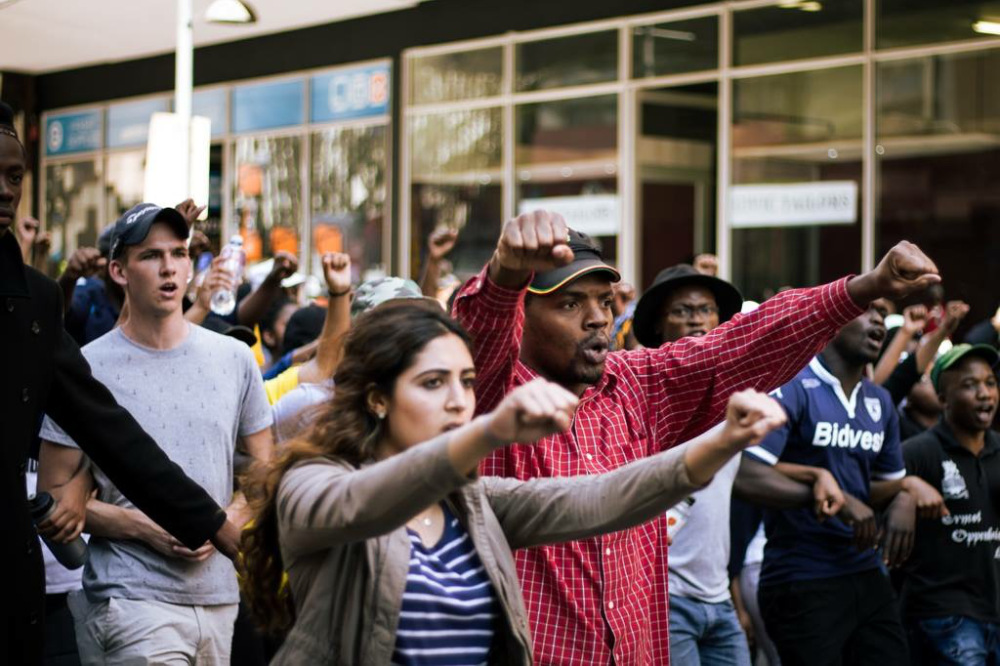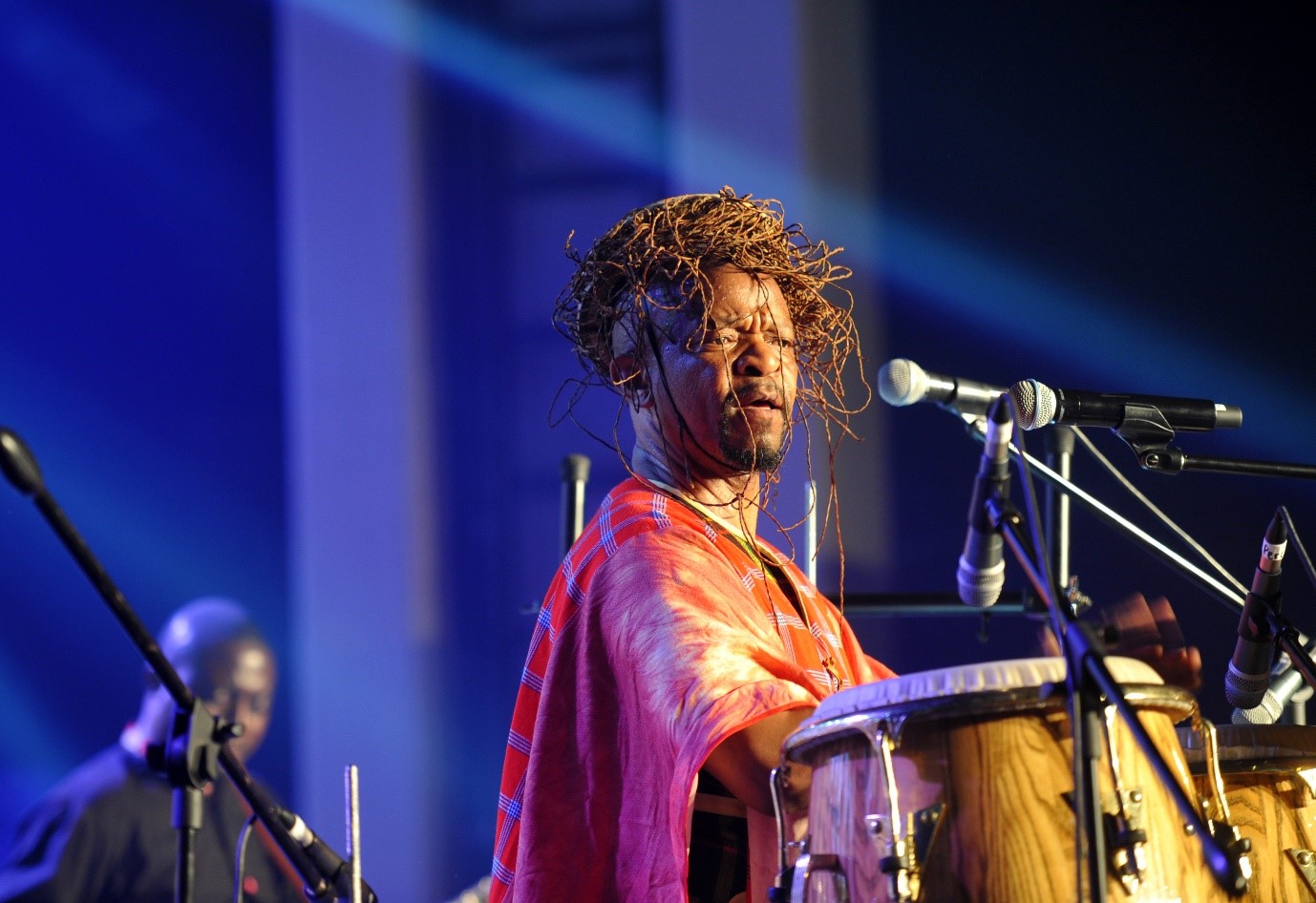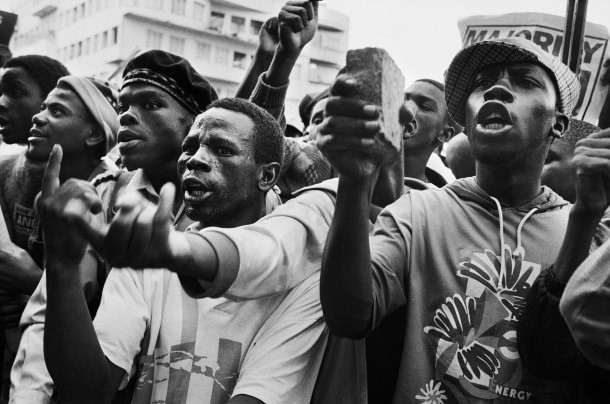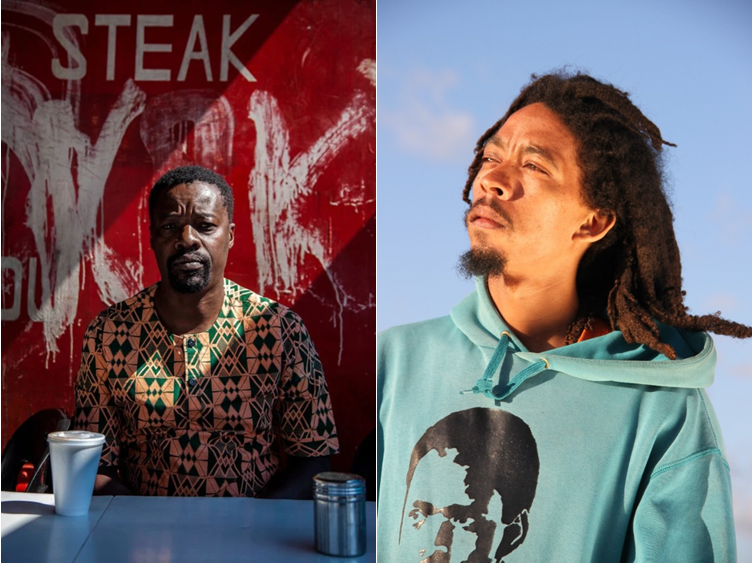PRIVILEGE.
That’s 9 letters of the alphabet. 9 letters that when strung together cause complete bafflement among many people, especially among the products of the “Rainbow Nation”. It is a word that plays a vital role in many of our social interactions and by its very nature, causes contention.
Privilege, by definition, is the societal structures that an individual is born into, and without realization or acknowledgement, they are able to acquire certain benefits due to their class status, race, age and even gender. Acknowledging one’s privilege is important in alleviating the oppressing structures that are placed on those who are not privileged.
Here are 5 times when your privilege becomes a problem:
1.When you don’t understand and are not willing to engage with the basic concept of privilege.
Complete denial. (Often as a defense mechanism when the word privilege is brought up) People completely deny the existence of one of the most important societal structures today. Acknowledging that privilege exists is the stepping stone to tackling and dismantling the concept. Great. You’ve established that you’re privileged. Unfortunately, there isn’t a Nobel prize for that. The mere acknowledgment of the concept is simply a chance for you to pat yourself on the back for being so “aware” and “woke”. It makes you feel better and this isn’t about you.
2.When you don’t acknowledge you have inherent privilege irrespective of whether you chose it or not.
We know that knee-jerk reaction to being called an entitled, privileged armchair critic might evoke some very harsh reactions out of you. The point is to come to terms with the cards that life has dealt you, and then work towards contributing meaningfully to society. We cannot choose the circumstances we are born into but that doesn’t mean we are allowed to be apathetic to the situations around us.
3.Being Apathetic to social injustices.
Acknowledging your privilege is not enough. Privilege becomes a problem when the individual does nothing to help those who are underprivileged because they believe that the underprivileged person is unworthy, or undeserving. It furthermore becomes an issue when the individual attacks the underprivileged by claiming that they are not doing anything to help their own situation.
4.When you do not engage constructively with that privilege in order to dismantle it.
Due to the very basic understanding of privilege, many privileged people feel attacked, and as a response they try to defend their privilege in a misguided attempt to exempt themselves from blame.
5.When your privilege gives you a superiority complex.
When a privileged individual believes that they have worked hard to get where they are and as a result, it makes them feel superior to anyone who is below that margin line. This is problematic on two levels: inherent arrogance stemming from their privileged background and consequently leading to ignorance. While arrogance often comes with the individual having the upper hand within a situation ignorance is more the invisible blindfold that a person chooses to wear in order to ignore and pretend that many social ails do not exist.
“We have worked hard to be where we are…”
“I also have a right to freedom of speech…”
“It doesn’t affect me; why should I care…?”
If you identify with any of these phrases, then you as an individual have a privilege problem. So unless you are willing to admit, engage, dismantle and make an effort to contribute to the social injustices PLEASE SIT DOWN. You don’t have to have an opinion on everything. Allow the people who are most affected by the situation to be the dominant narrative in their own stories. Stop being an armchair critic that sits behind the safety of their computer screens criticizing the student movement, or any other movement that dominates the lower class structures. Do not be that person that supports a cause up until their level of convenience.
It is one thing to ask questions and try and understand privilege but it is completely unacceptable to legitimize your apathy. Please, take a seat. The social world we live in doesn’t have time to entertain your ignorance. We have battles to fight, wars to conquer, revolutions to lead and lives to help and if you are not interested in joining us in the struggles we face, you have no right to condemn our actions.
For more reflections from Amaarah Mayet & Naeemah Dudan, please visit: 5 times your privilege becomes a problem



















